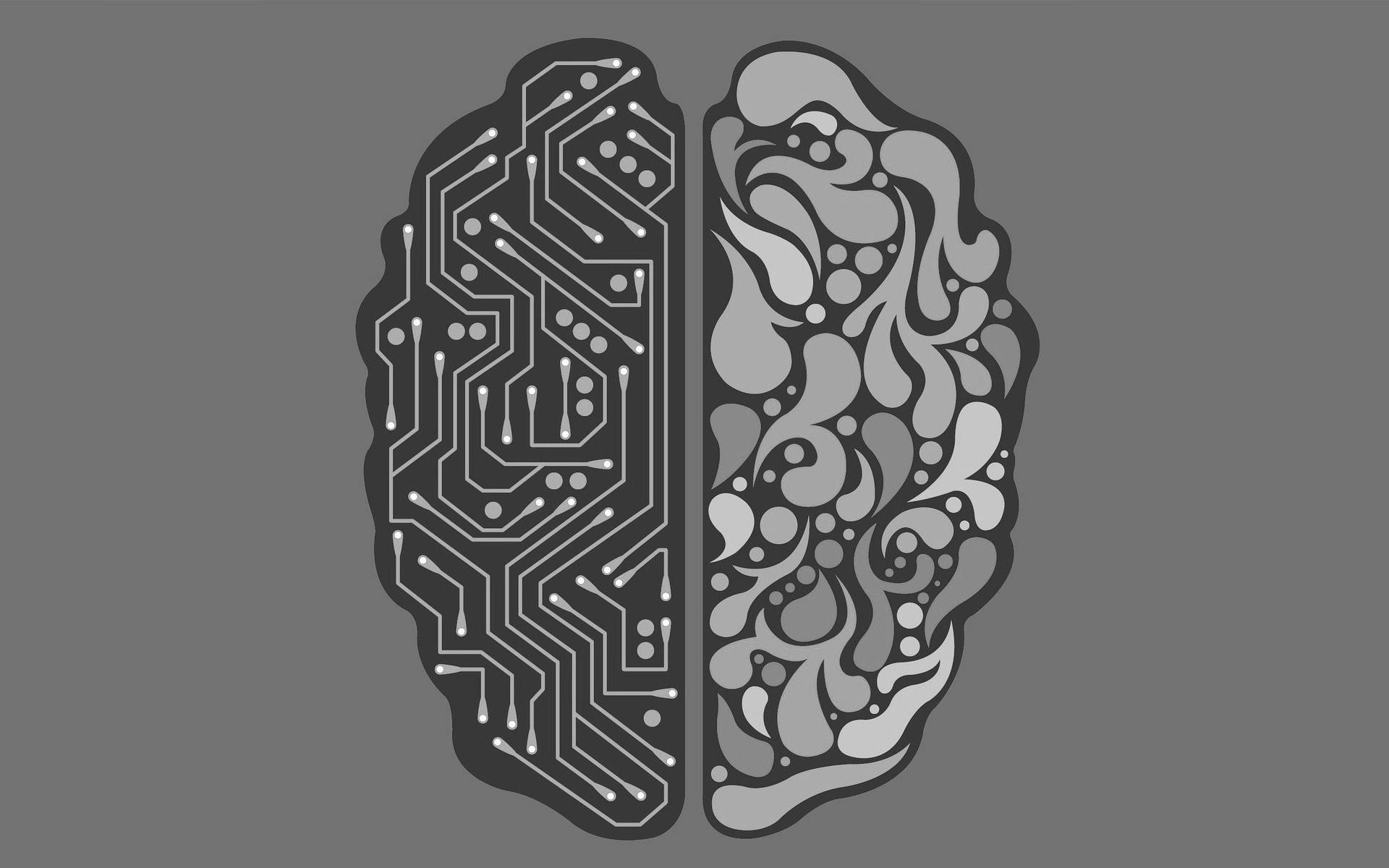1,185 reads
Will AI Replace Salespeople? Opinions Differ Between Experts in the Industry
by
September 28th, 2021

A big fan of internet marketing and automation tools. 10+ years of experience in acquisition at startups.
About Author
A big fan of internet marketing and automation tools. 10+ years of experience in acquisition at startups.
